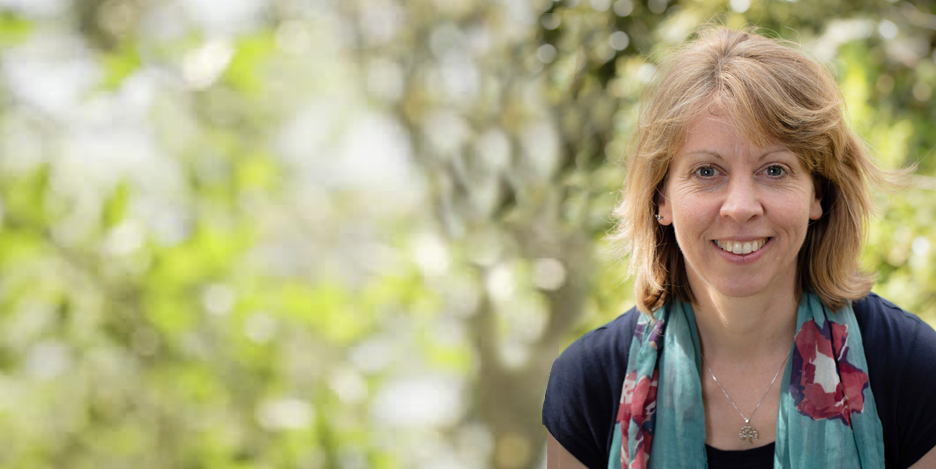Katie Elliott is the founder of the Little Challenges project, host of the Adventures in Behaviour Change podcast and creator of Amiko Cards. A former children’s author and illustrator, jazz musician and social entrepreneur, Katie works from her home in Wotton-under-Edge, a small, rural town in Gloucestershire, UK.
1.You founded the Little Challenges project. Can you give us a brief overview of the project and its purpose?
The purpose of Little Challenges is to find and share simple, practical, evidence-based ideas that can help to make the ‘messy’ business of being human just a little bit easier. Recognising that we all encounter ups and downs in life, whether or not we consider ourselves to have ‘mental health issues’, our aim is to host an honest, non-judgemental conversation about the human experience. What can we learn from behavioural psychology, from neuroscience, from philosophy or from one another that can help us to become more resilient, happier, healthier and better able to do the things we love?
There’s a Little Challenges website and blog and an accompanying podcast – Adventures in Behaviour Change. We’ve also recently launched Amiko Cards, a simple, self-coaching tool, currently crowdfunding on Indiegogo.
2.How has your own path to long-term wellness challenged the status quo?
For more than 30 years I struggled with a range of mental health conditions and was diagnosed with anxiety, bipolar disorder, depression and borderline personality disorder. I tried many different medications and therapies, but without lasting success. Early in 2016, whilst on a secure psychiatric ward following a breakdown, I met a new psychiatrist who said: “I’ve seen people like you get better”. I decided that if that were possible, I was going to find out how. So I started reading, researching and experimenting with new ways of behaving. I realised that in the past I had always been looking for a quick fix that would make everything alright: a pill I could take, a course I could buy, an expert who would hand me the answer. But I came to understand that what actually helped was making a multitude of tiny, practical adjustments to my behaviour, thinking and environment and learning to sustain them over time. I benefited enormously from listening to others, but ultimately, what helped me most was developing greater self-awareness and learning how to manage myself. Four months after having been discharged from hospital, I no longer qualified for any mental health diagnosis, for the first time in my adult life. Since becoming well, I have continued to study and explore and now run Little Challenges in order to share with others some of the ideas, practices and insights that have been so helpful to me.
3. What advice would you give to someone who is ready to trade in old habits for a commitment to growth and happiness?
Self-compassion is a powerful tool – use it at every opportunity. However much you may dislike the behaviours you wish to change, trying to shame yourself into doing things differently isn’t an effective strategy. If anything, it tends to make things worse. Instead, be kind. Notice how hard you’re trying. Celebrate each little success. And be gentle with yourself when there are setbacks. They happen.
Know that the process of growth is often uncomfortable. This isn’t a sign that anything is wrong, simply that you’re stretching beyond what is familiar and easy. Learning to sit with the discomfort without rushing to ‘fix’ it allows you the space to grow into new and different ways of being. It’s a skill worth practising.
Changing behaviour can take time. Far better to make tiny adjustments and stick with them long enough that they become easy and automatic, than to try and make huge transformations that are difficult to sustain when unexpected challenges arise along the way.
Be intentional about your environment. The people and things you surround yourself with matter. Make it easy to do the things you want to do and difficult to do those you don’t, so that in moments when you’re tired or your willpower is dwindling, you have the best possible chance of staying on track.
Bold



